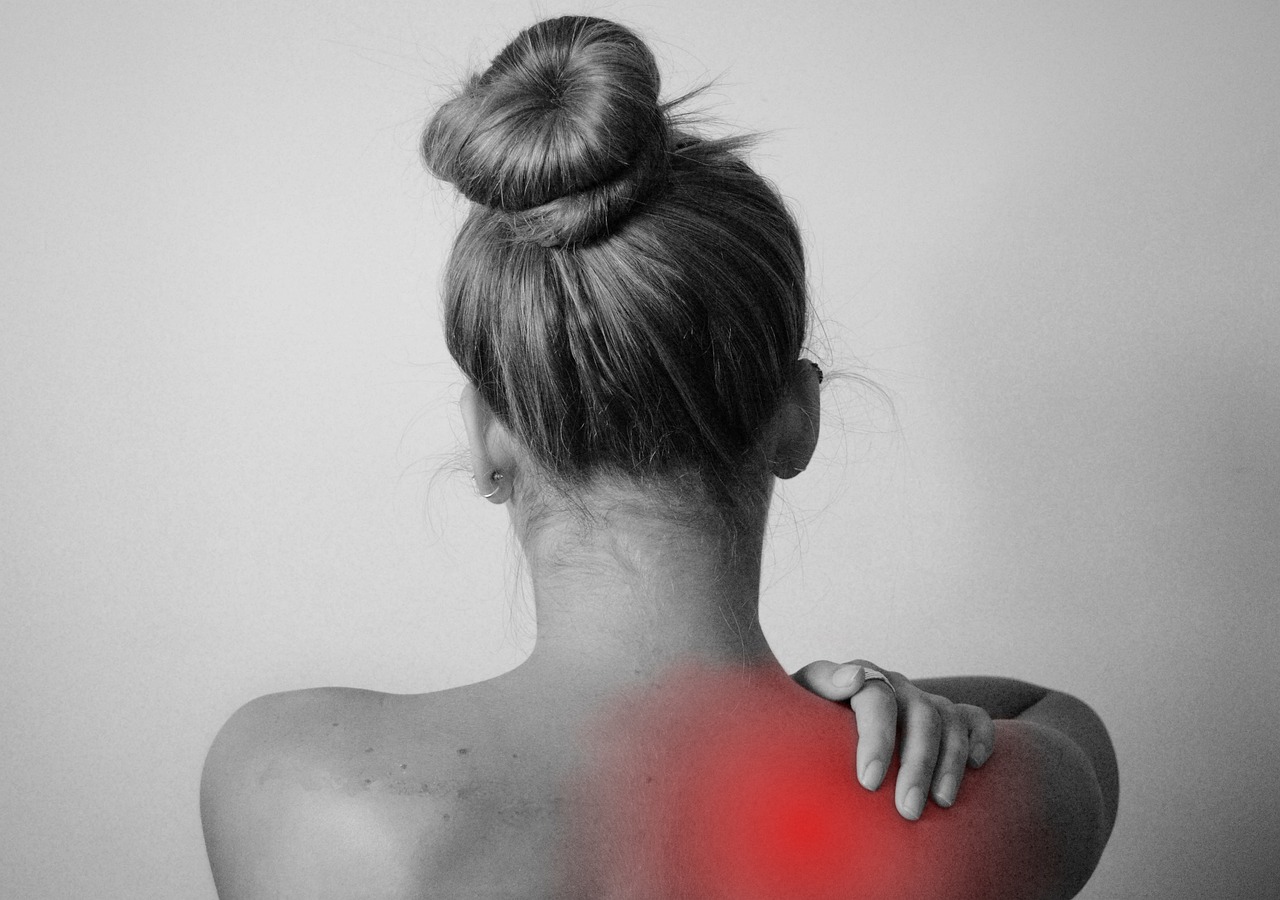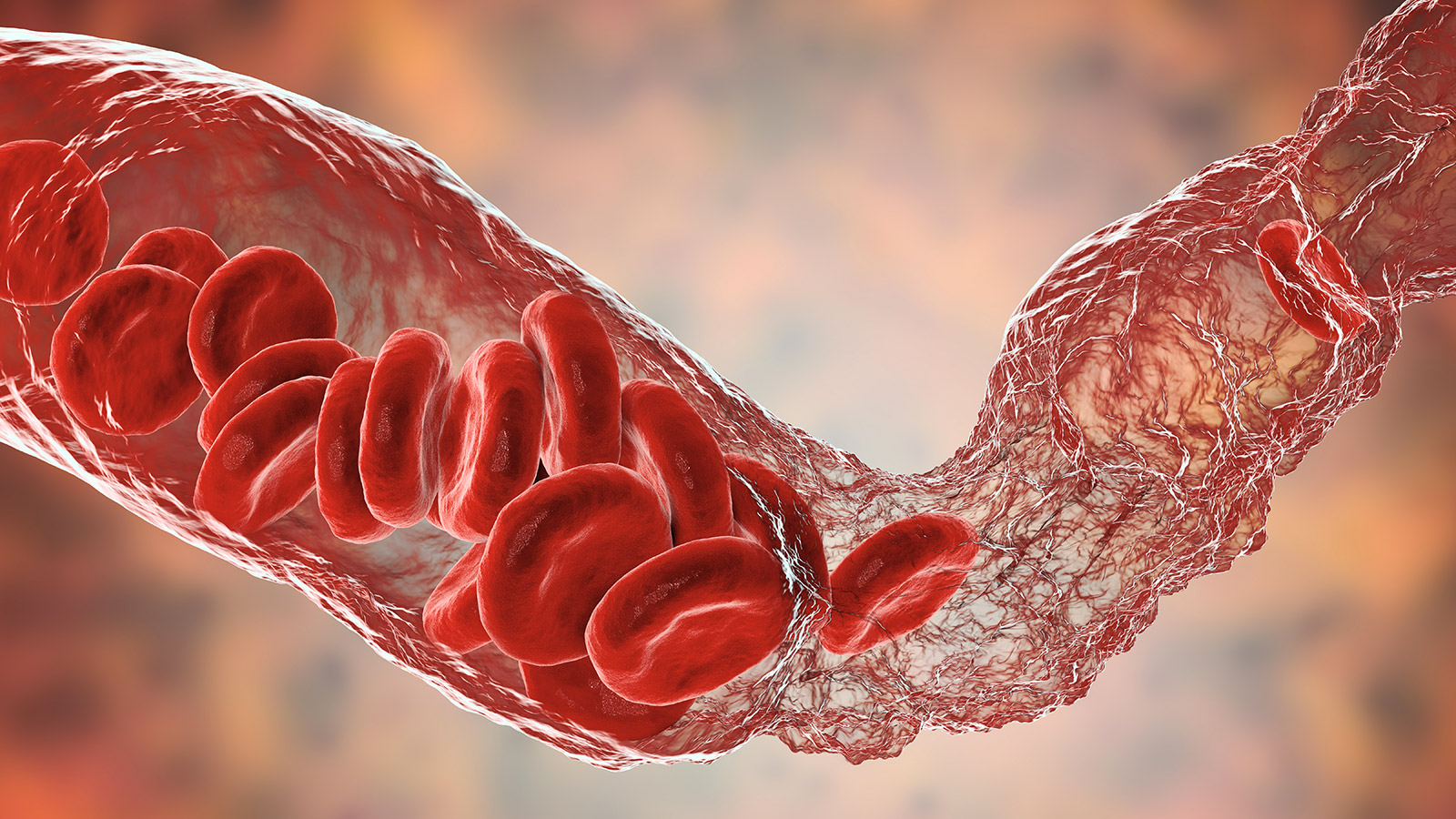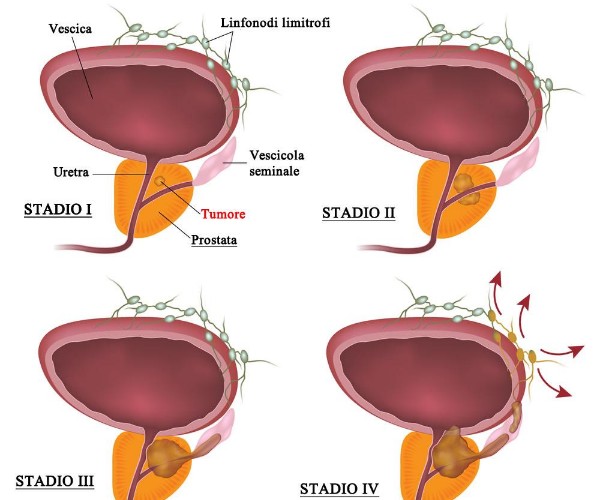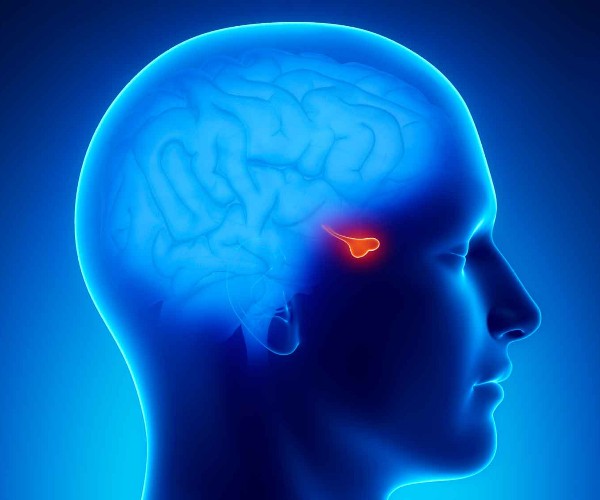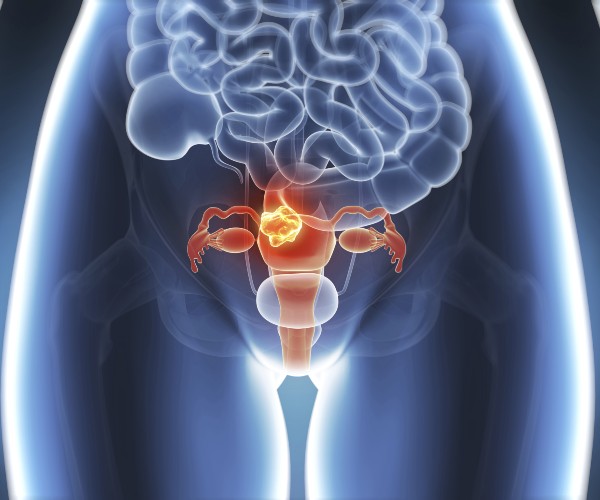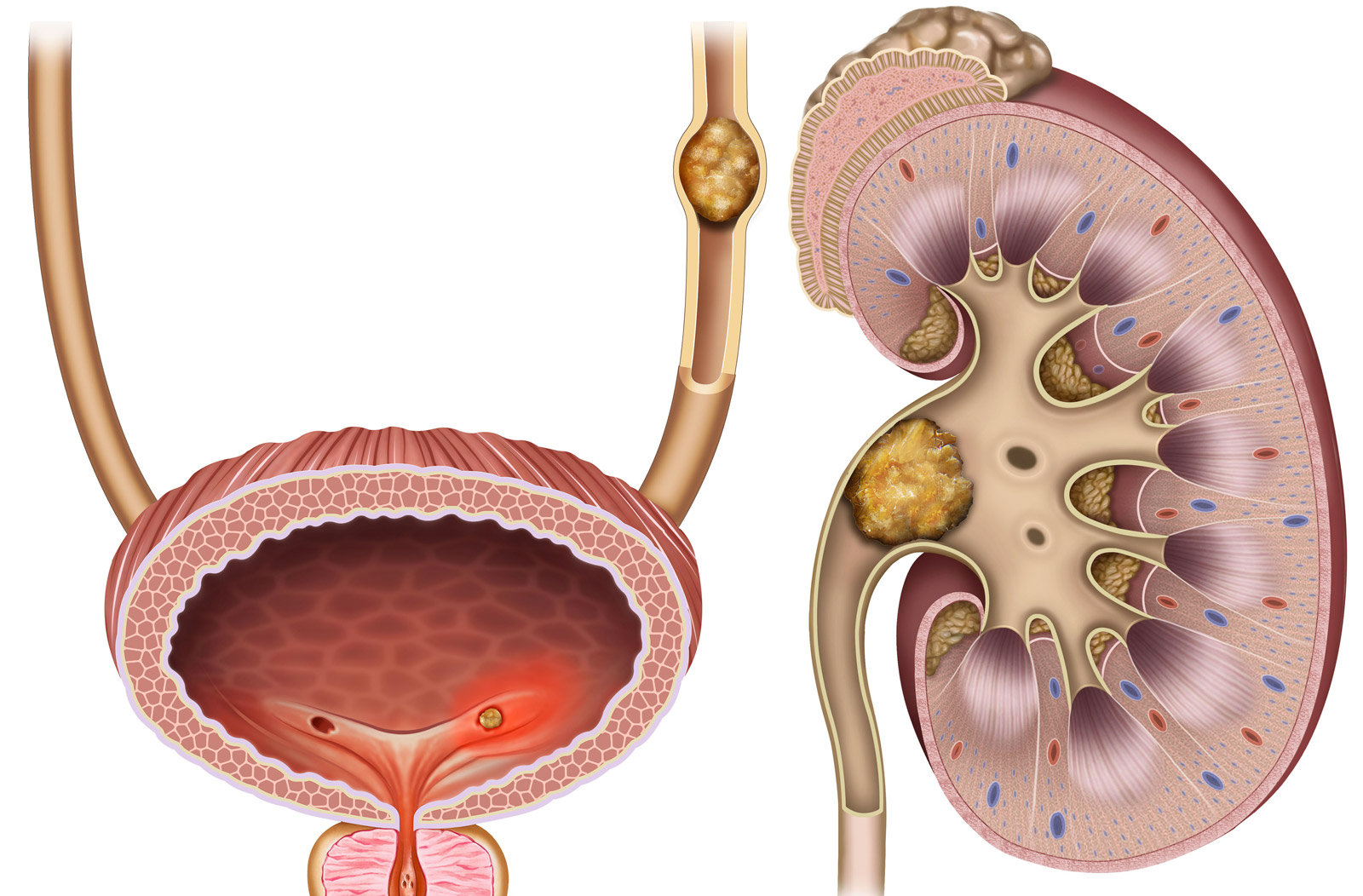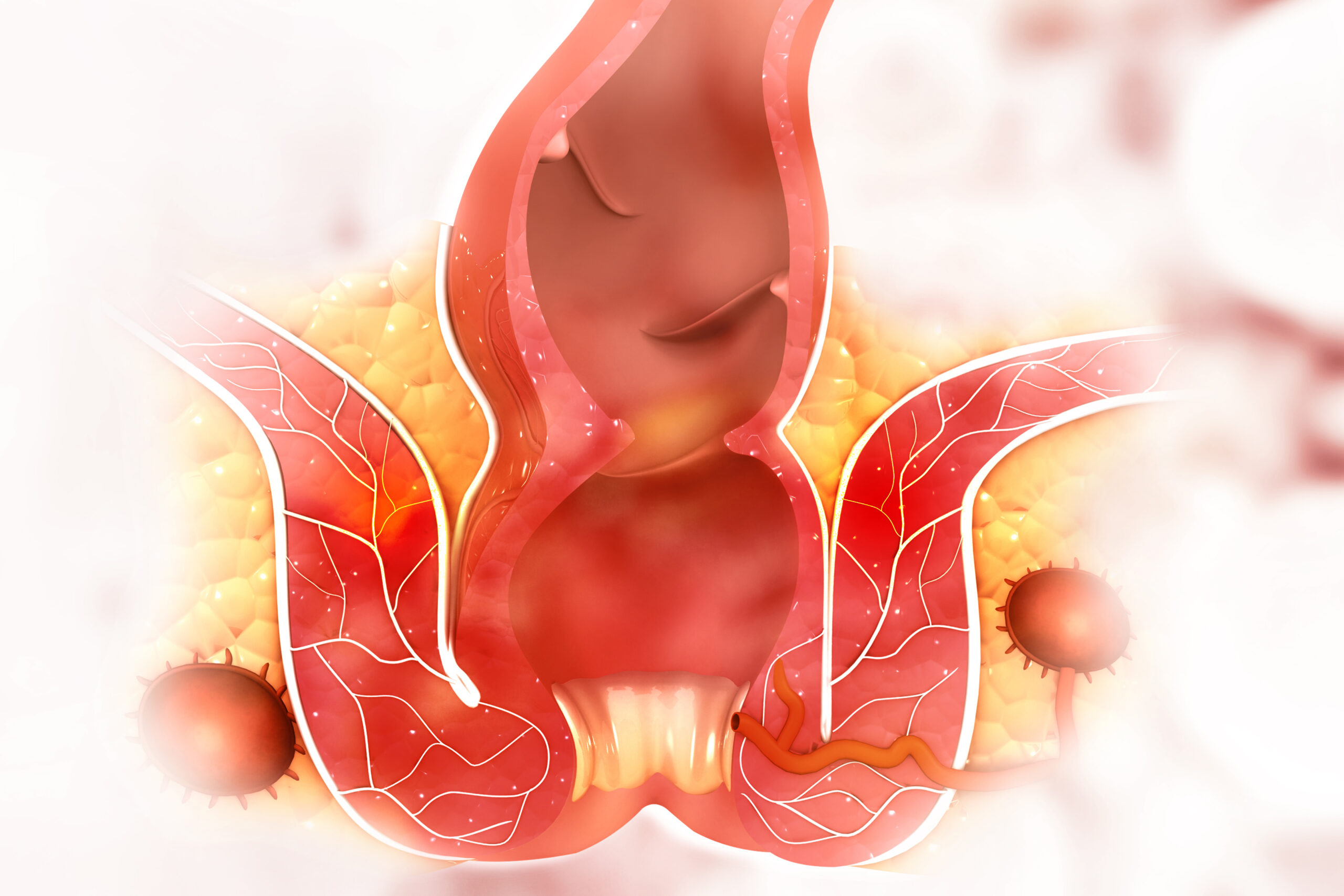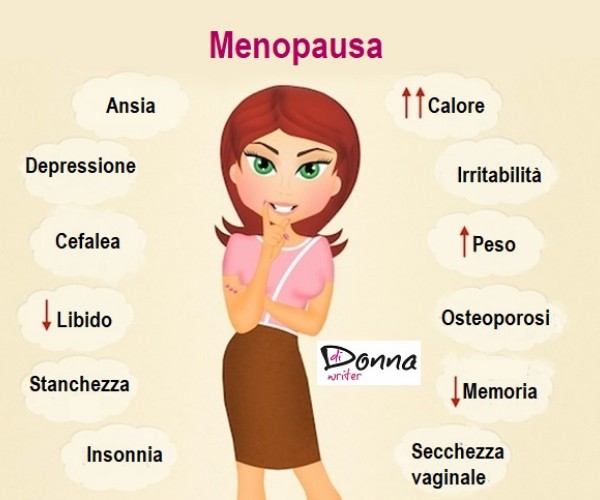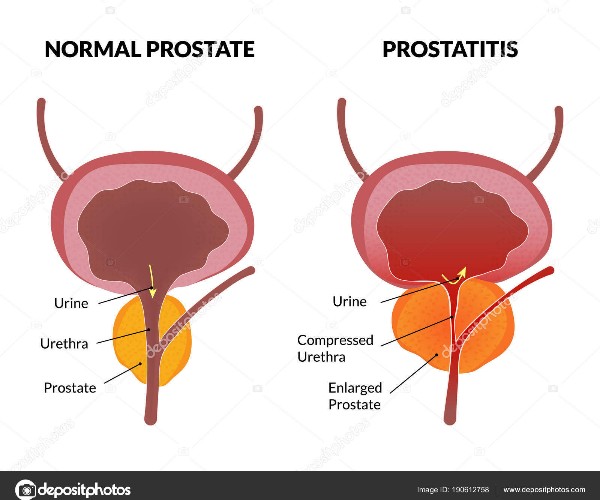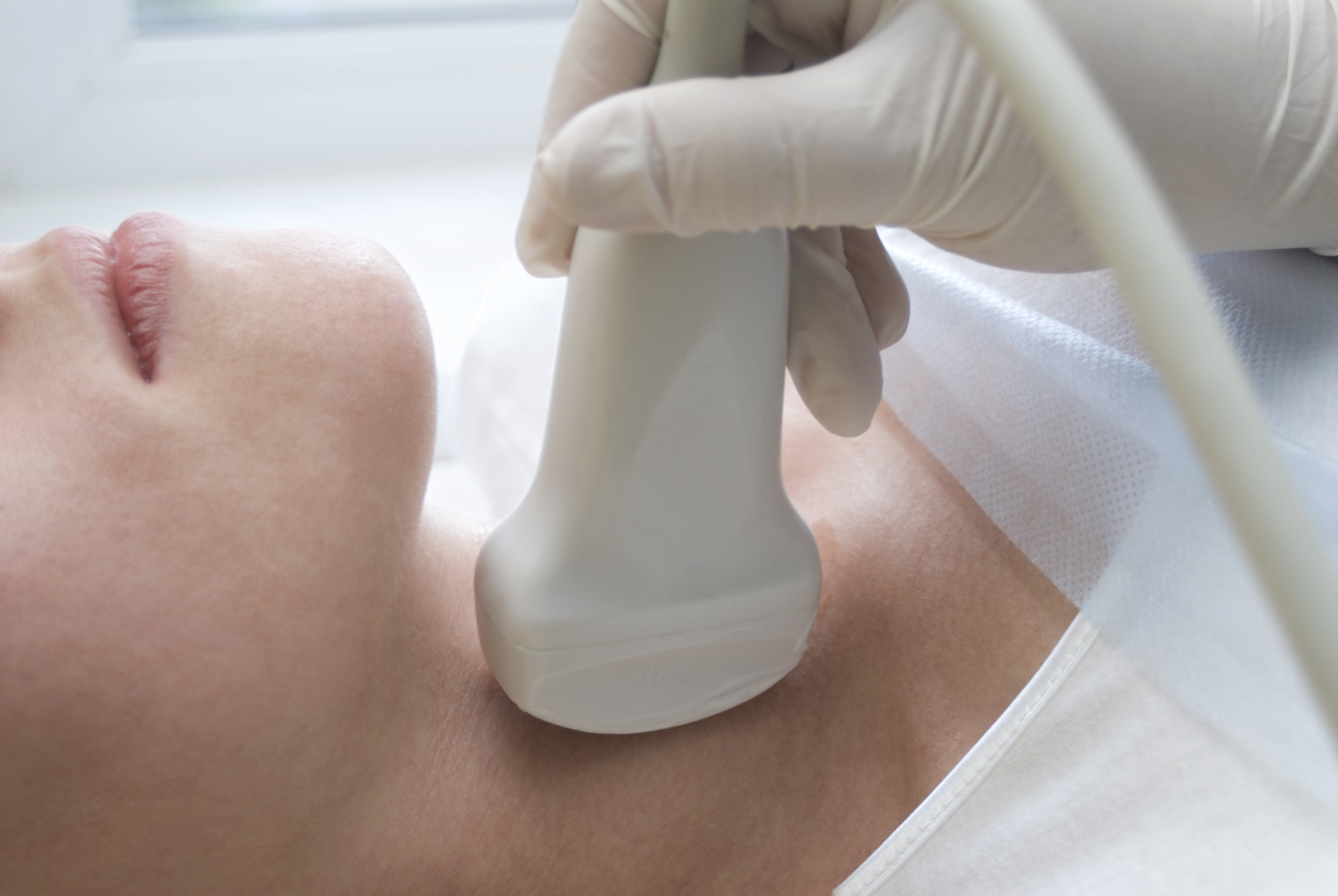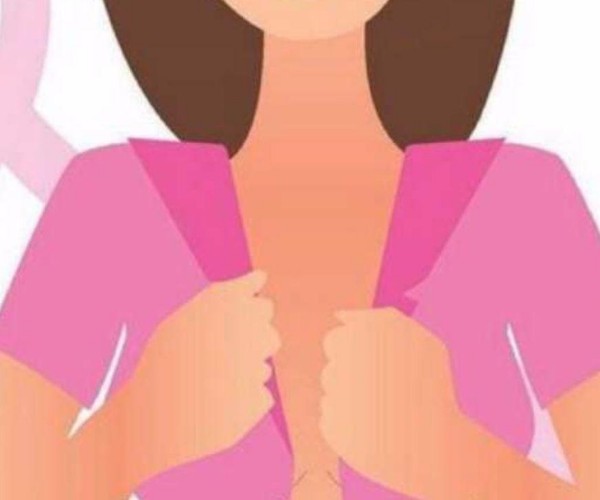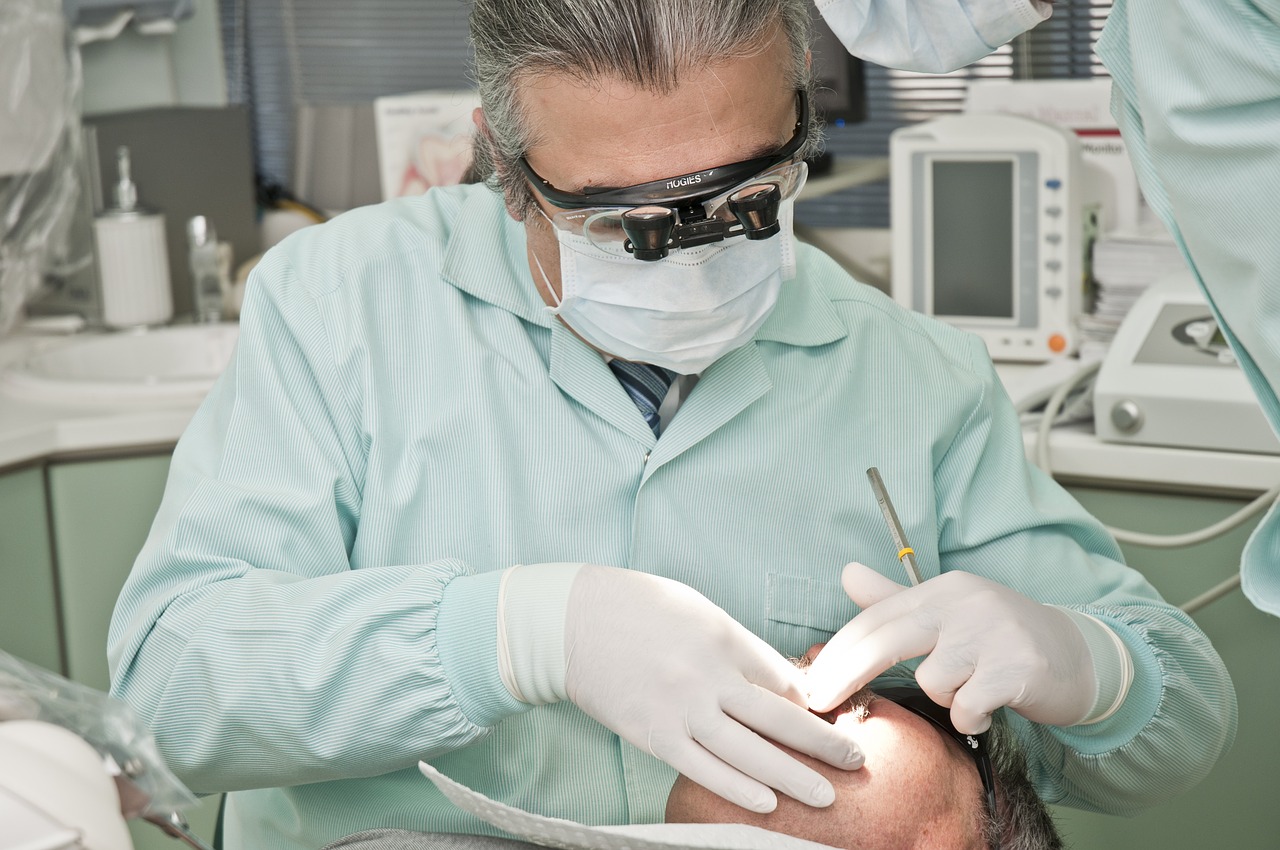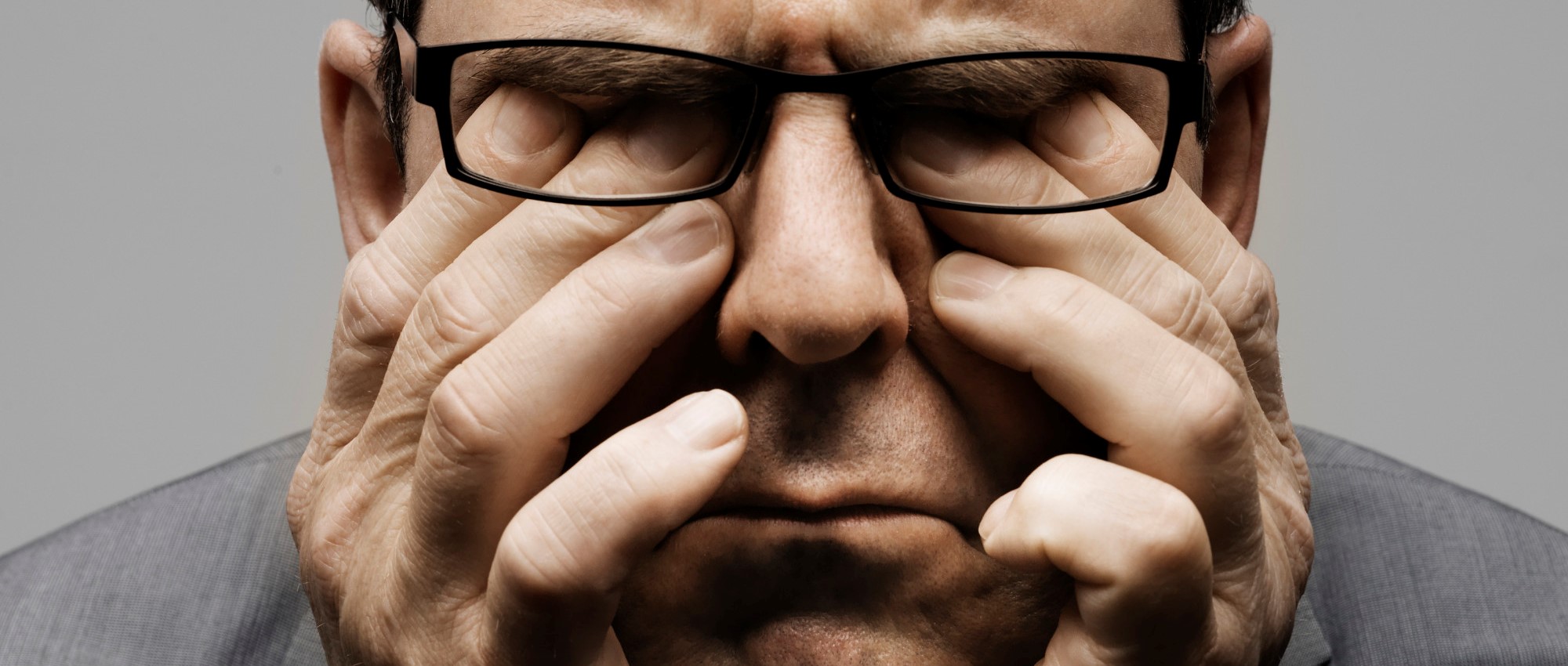It happens to many women to have some painful sexual intercourse at a certain stage of one’s life, thus suffering from Dyspareunia, describable as persistent or recurrent genital pain occurring sometimes before, sometimes during, or even after intercourse, a condition sometimes due to various vaginal problems, sometimes due to psychological problems.
But what are the symptoms that can be experienced when this problem occurs ?
When you suffer from Dyspareunia you may have some complaints such as:
- a pain only at the beginning of penetration;
- continued pain after penetration and during coitus;
- a persistent pain even after sexual intercourse;
- burning sensation and discomfort from even the simple introduction of an absorbent pad.
What are the causes that can cause pain during sexual intercourse ?
Many different causes may be responsible for painful intercourse, varying depending on the type of pain and the sexual movement that causes it (thrusting), whether only at the beginning of intercourse or whether during the act.
Physical causes can be :
- an unsuitable vaginal morphological structure;
- some specific diseases of the female genital system (endometriosis);
- Irritation, trauma, pre-existing or post-surgical injuries (hysterectomy, oncology);
- a hormonal decline after childbirth, during lactation, or postmenopause;
- Insufficient lubrication;
- the action of some drugs that reduce vaginal sensitivity and lubrication;
- vaginal infections and inflammation;
- a sexual act insufficiently preceded by foreplay;
- anxiety, depression, fear of not pleasing the partner;
- fear of intimacy;
- concerns about one’s appearance;
- relationship problems.
Such factors may contribute to low arousal and subsequent discomfort or pain.
Why turn to your family doctor in the first place ?
Certainly to overcome any embarrassment and share the problem with an expert for a focused medical evaluation of the type of pain, the circumstances under which it occurs, whether only with the same partner or not, whether in certain positions or others.
Through specific investigations such aspelvic examination, ultrasonography, and a visual vaginal examination, the physician should rule out possible factors as he or she goes along to frame the actual causes of pain during sexual intercourse.
Then how to solve Dyspareunia ?
- In all cases, consult your primary care physician and, if necessary, your gynecologist;
- Exclude possible organic causes (e.g.Diabetes, Heart Disease,etc.) by resorting to clinical investigations and assessments;
- To examine one’s personal and emotional sphere of the relationship to possibly identify the factors underlying the disorder;
- Undertake, if the physician deems it appropriate, treatment to resolve the disorder when caused by a well-determined cause using specifically indicated drugs, or in more easily resolved cases using intravaginal products to improve lubrication;
- if it is determined that the disorder stems from psychological or psychic distress, the doctor will be able to direct the patient toward a course of psychotherapy that resolves the problem.



